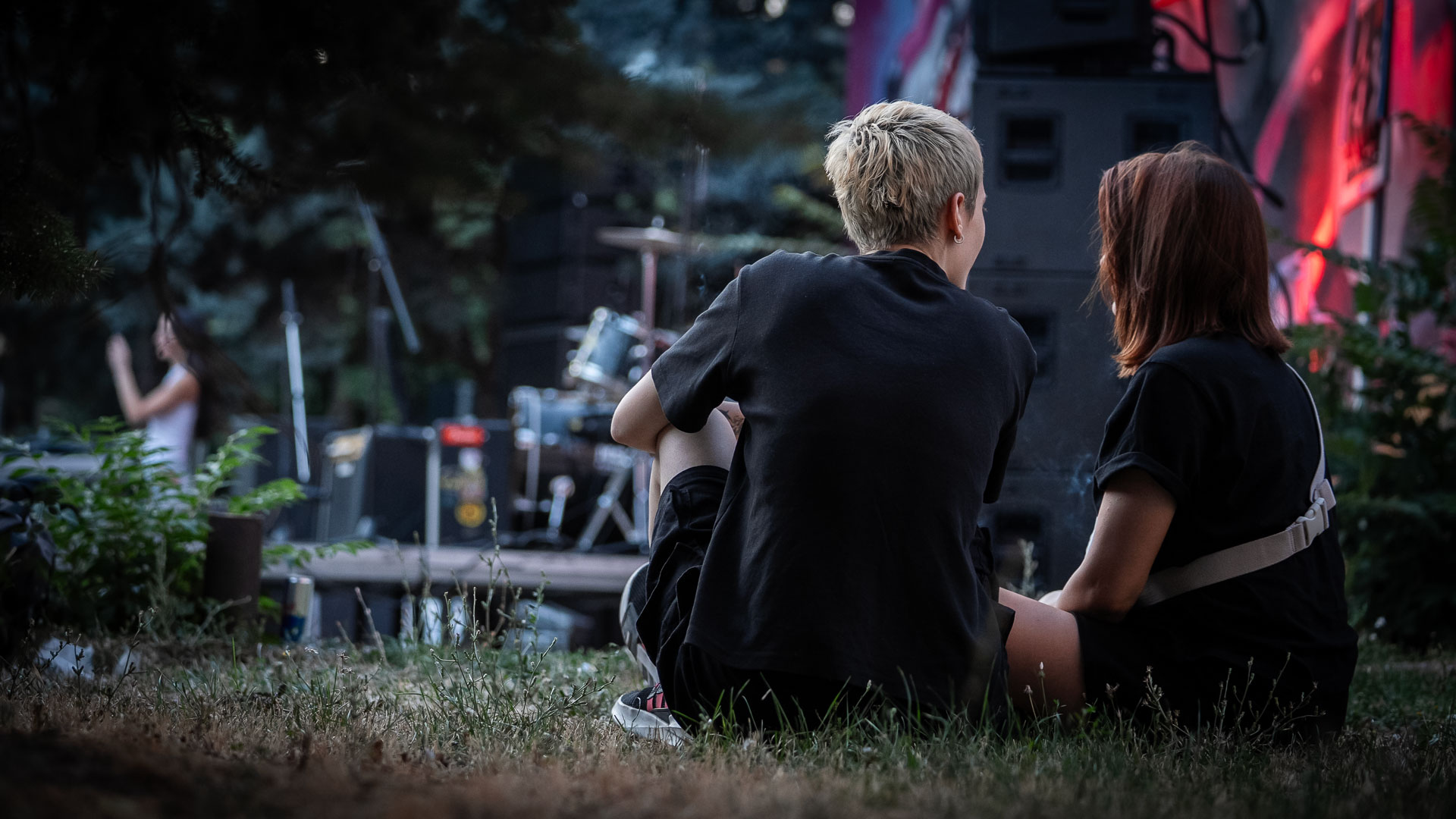
“How could a parent do to their child what they did to me?”
Queer children and youth stuck between domestic violence and state neglect.
In-depth | Social Justice25/09/2025
Psychological violence often starts early, in the form of what sociology calls gender policing.
For much of modern history, being queer was not understood as an identity but classified as a diagnosis or abnormality.
Families generally find it easier to accept daughters identifying as boys or men than sons identifying as girls or women.
“The more confrontation, the more physical violence,” said Dorina, a queer activist.
At first, they are not invited to birthday parties, then to dinners or gatherings, until one day they realize that family activities continue on as if they do not exist.
Activists agree that the most extreme form of domestic violence is total exclusion from the home.
This summer, after sustained pressure from activists, the municipality finally made two small apartments available as temporary shelters until a permanent facility is built.
How can the state intervene so that parents — and institutions — treat queer children and citizens with respect and care?

Dafina Halili
Dafina Halili is a senior journalist at K2.0, covering mainly human rights and social justice issues. Dafina has a master’s degree in diversity and the media from the University of Westminster in London, U.K..
Dëshironi të mbështetni gazetarinë tonë? Anëtarësohuni në HIVE ose konsideroni një donacion.